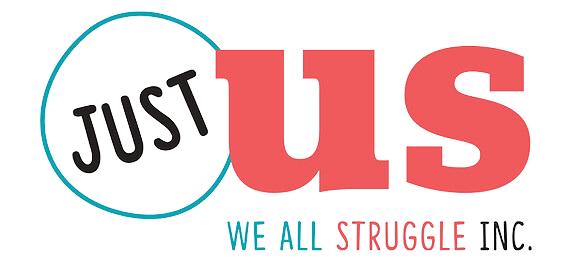How managers can recognize and prevent employee burnout
In today’s fast-paced world, burnout has become an all-too-common experience in workplaces across New Brunswick. It’s easy to mistake burnout for simple exhaustion or stress, but it’s far more than that. Burnout is a state of emotional, physical and mental depletion that develops when chronic workplace stress goes unaddressed. And while anyone can experience it, managers play a key role in spotting the early signs and creating a healthier work culture that prevents it.
What Causes Burnout?
Burnout often develops slowly, as small stresses build over time. Common causes include:
Unrealistic workloads or expectations that make it hard for employees to maintain balance
Lack of control or autonomy over one’s work
Unclear communication about roles or goals
Limited recognition or support, leaving employees feeling unseen or undervalued
A culture of constant urgency, where rest feels like falling behind
When these pressures persist without meaningful relief or acknowledgment, even the most committed employees can begin to disengage.
How Burnout Shows Up in Employees
Managers are often the first to notice subtle changes that may signal burnout. Some early signs include:
Decreased motivation or enthusiasm for work that once felt meaningful
Irritability, cynicism or emotional withdrawal
More frequent mistakes or reduced productivity
Increased absenteeism or presenteeism (showing up but mentally checked out)
Physical symptoms like headaches, fatigue or trouble sleeping
Recognizing these signs isn’t about judgment, it’s about compassion. Burnout isn’t a personal failing; it’s a signal that something in the work environment needs care and adjustment.
The Ripple Effect of Burnout
When one person is burned out, it doesn’t just affect them, it affects the whole team. Morale can drop, collaboration can suffer and turnover can rise. For the organization, that can mean higher recruitment costs, lower productivity and lost institutional knowledge. But on a human level, burnout can deeply impact well-being, relationships, and overall life satisfaction.
How Managers Can Help Prevent Burnout
Managers are uniquely positioned to protect the well-being of their teams. Here are a few ways to start:
Encourage balance and boundaries. Model healthy work habits yourself—take breaks, use vacation days and avoid sending late-night emails when possible.
Check in regularly, not just about work. Ask how your team members are really doing. Listen actively and make space for honest conversations.
Acknowledge and celebrate effort. Feeling seen and appreciated can go a long way toward restoring motivation.
Clarify expectations and priorities. Uncertainty is a major stressor; clear communication helps employees focus and feel secure.
Provide resources and training. Normalize conversations about mental health and connect staff to available supports.
How Just Us Can Help
At Just Us, we believe healthy teams are built on compassion, understanding and proactive care. Our mental health workshops for organizations across New Brunswick are designed to help teams recognize and prevent burnout before it takes hold.
We offer customized sessions for managers and employees that cover:
Understanding what burnout is and how it develops
Spotting the early warning signs in yourself and others
Strategies for building resilience and workplace balance
Tools for creating supportive, mentally healthy teams
If your organization is ready to take the next step toward a more supportive and sustainable workplace, reach out to us today. Together, we can help your team feel seen, valued, and supported—because caring for your people is the best investment your company can make.

